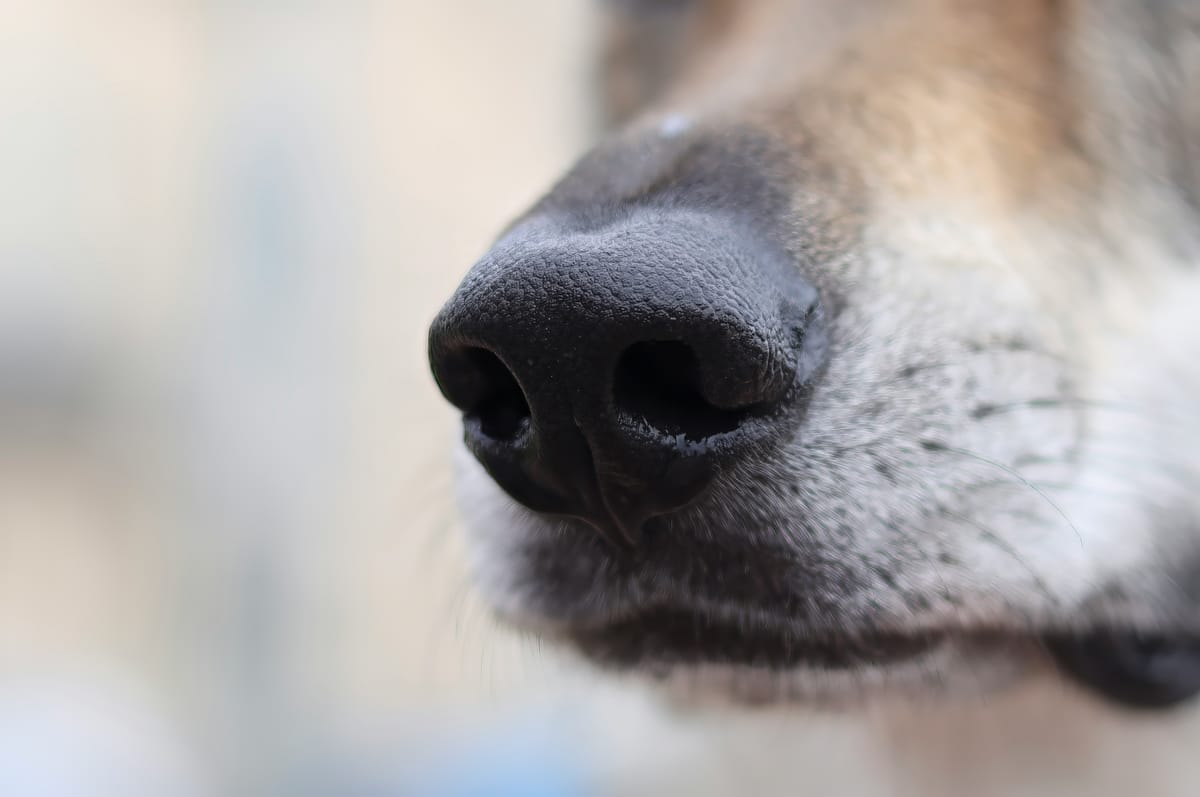SCOTUS Weighs Iowa Dog Sniff Case

WASHINGTON — A routine traffic stop in Winterset, Iowa, has turned into a potential U.S. Supreme Court case testing the limits of police dog searches. On March 5, 2022, Officer Logan Camp pulled over Ashlee Mumford because dirt obscured two numbers on her license plate.
During the stop, Camp called in a canine handler, Christian Dekker, who arrived with Orozco, a certified drug-detection dog. While circling the car, Orozco briefly rose on his hind legs, placed his paws on the passenger door, and his nose crossed into the open window. The dog alerted to the presence of drugs, leading officers to search Mumford’s purse and car.
Mumford was charged with possession of methamphetamine, marijuana, and drug paraphernalia. A jury convicted her of marijuana and paraphernalia possession but acquitted her on the methamphetamine charge.
Constitutional Question
The brief intrusion of Orozco’s nose has become the central issue in Mumford v. Iowa. Mumford argues the momentary entry into her car transformed an otherwise legal exterior sniff into an unconstitutional search under the Fourth Amendment. She contends she never consented to a search of her car’s interior and that Orozco had not signaled drugs while outside the vehicle.
The Iowa Supreme Court rejected that argument in December. It ruled that the dog’s action was “instinctual” and not prompted by officers, and that his alert provided probable cause to search the vehicle. The court wrote that the “almost imperceptible entry into the open window … did not go beyond the normal scope of a dog sniff.”
Two justices dissented. One warned that officers had effectively facilitated an unlawful search, while the other said the decision opened the door to “significant, distressing, and embarrassing” canine intrusions.
Split Among Courts
Mumford has asked the U.S. Supreme Court to review the case, arguing that lower courts across the country are divided. According to her petition, courts in places like Idaho, the Fifth Circuit, and the Ninth Circuit treat a car’s interior as protected under the Fourth Amendment, while other courts, including Iowa’s, allow instinctual entries.
“Had Ashlee Mumford been pulled over in Idaho rather than Iowa, her suppression motion would have been decided differently,” her petition stated.
Iowa countered in an August filing that nearly every state and federal appellate court allows a dog’s brief, instinctual entry into a vehicle during an exterior sniff. The state also argued that even if officers erred, the evidence should remain admissible under the “good-faith exception,” which permits use of evidence collected when police reasonably believed they were acting lawfully.
Supreme Court Review Ahead
The Supreme Court is scheduled to consider the case at its Sept. 29 “long conference,” when justices review thousands of petitions accumulated over the summer. If the court agrees to hear it, the case would mark the fourth time since 2004 that the justices have considered the role of police dogs under the Fourth Amendment.
The outcome could have national consequences for how courts balance law enforcement practices against constitutional protections. For Mumford, it all comes down to whether a drug dog’s nose crossed the line.
